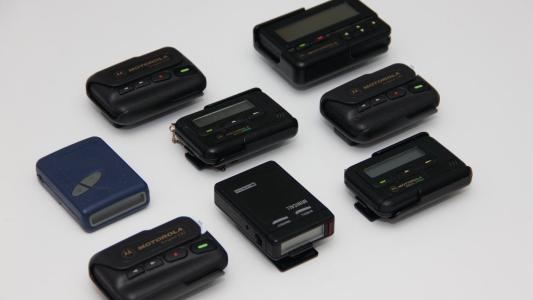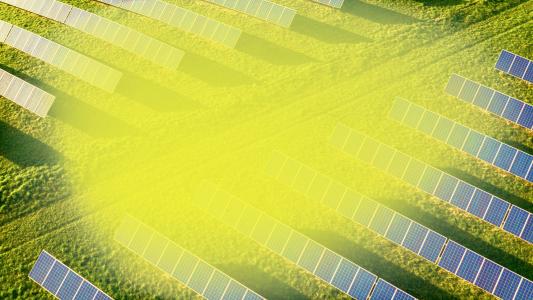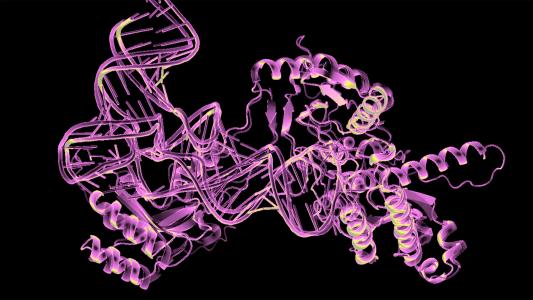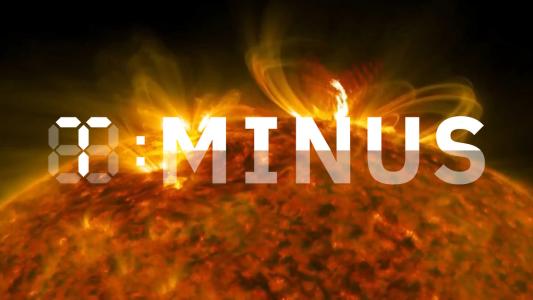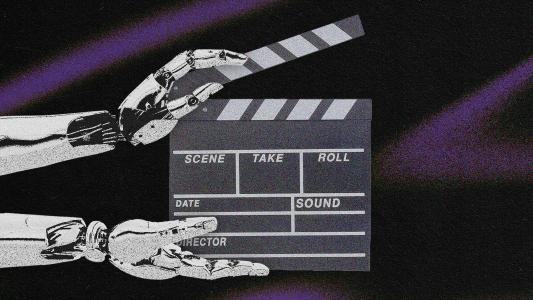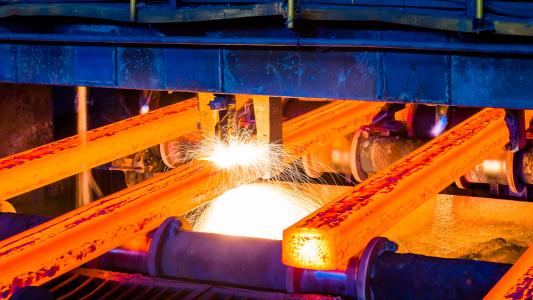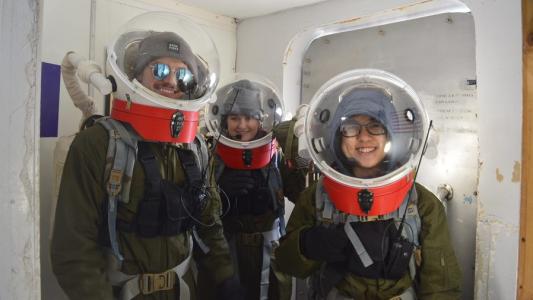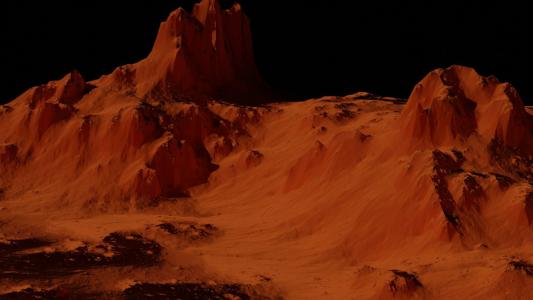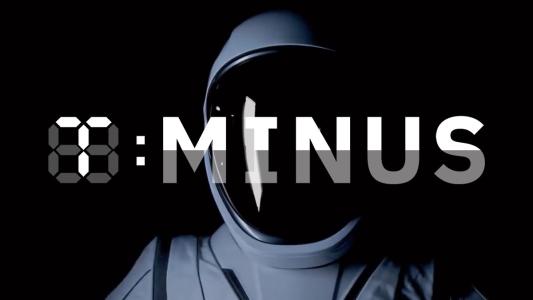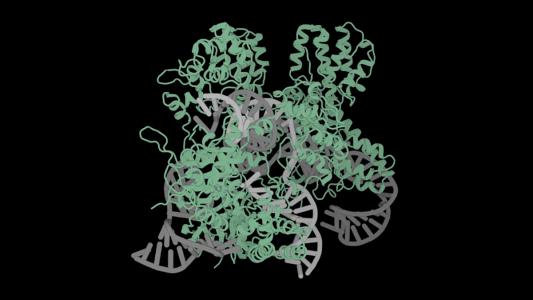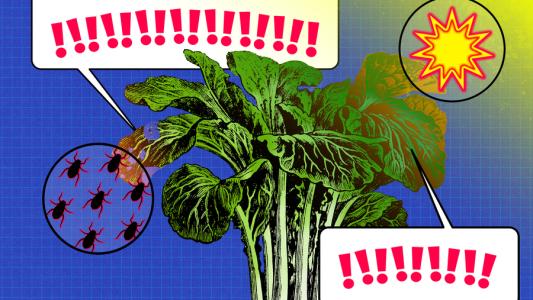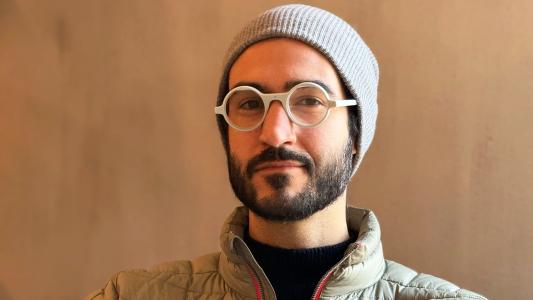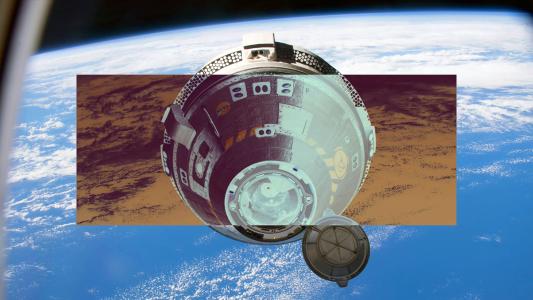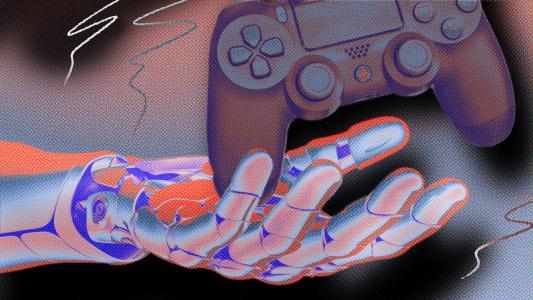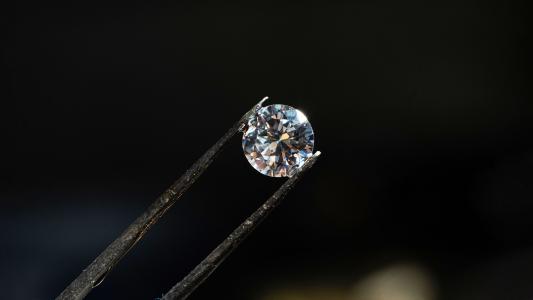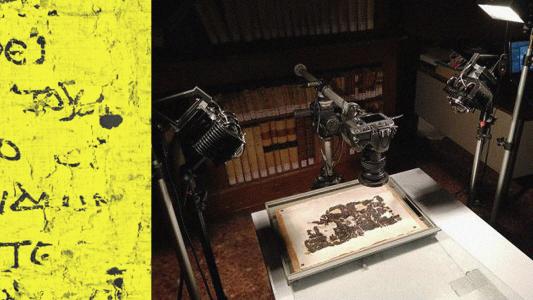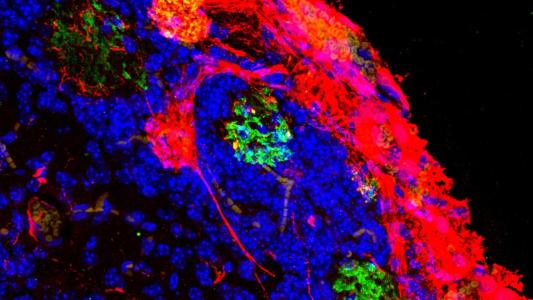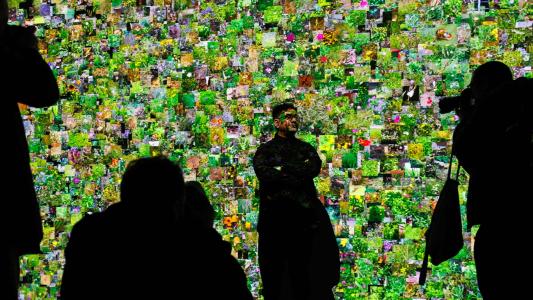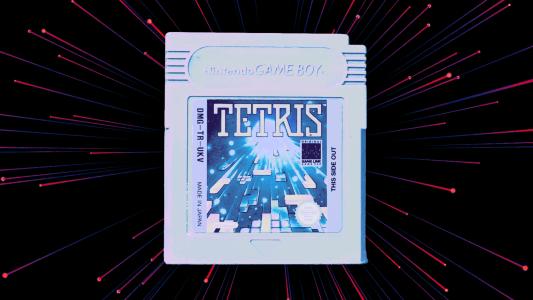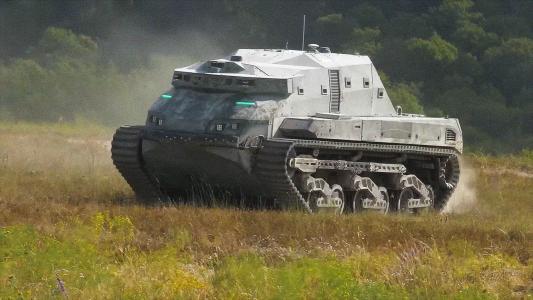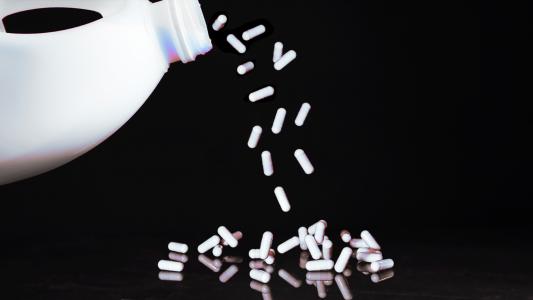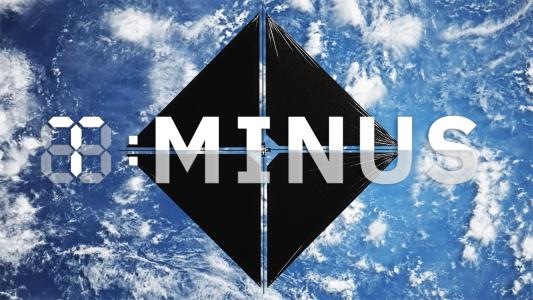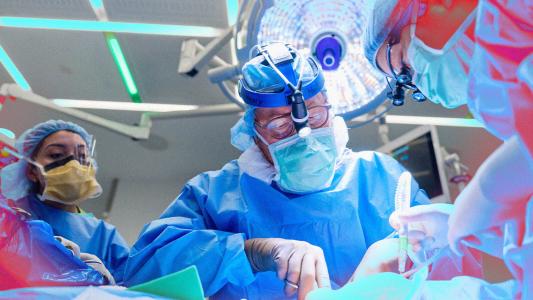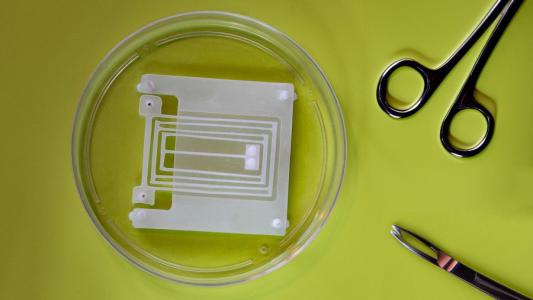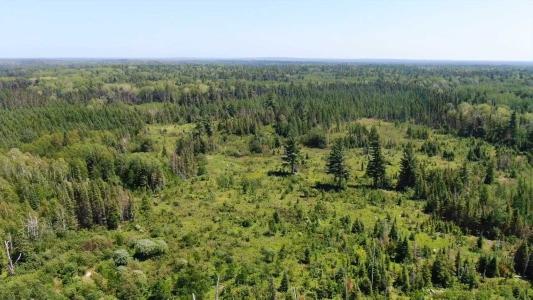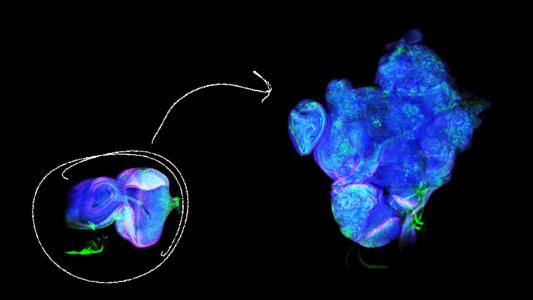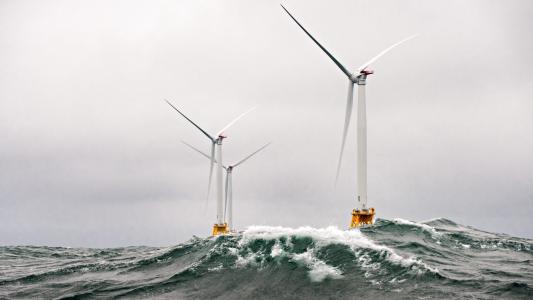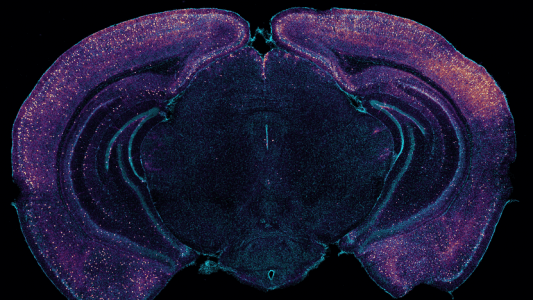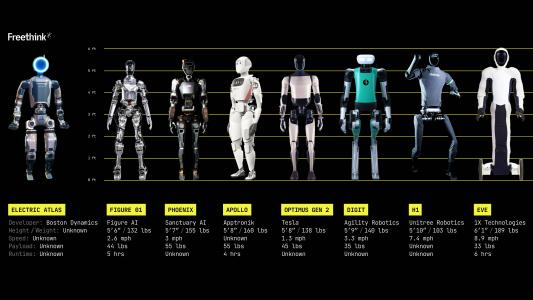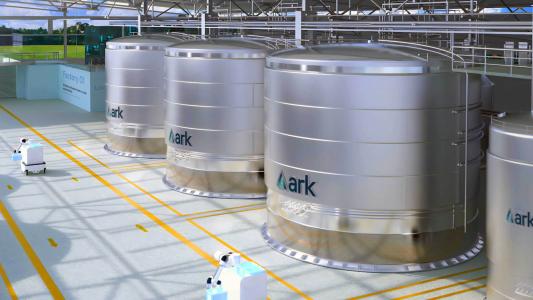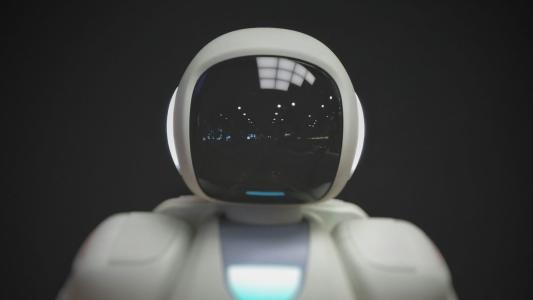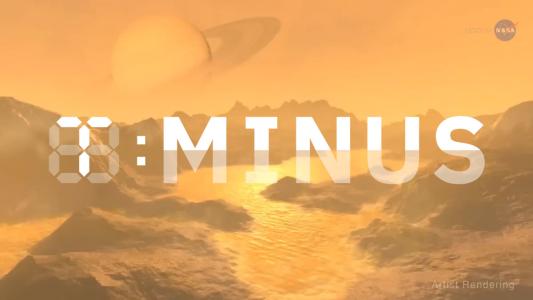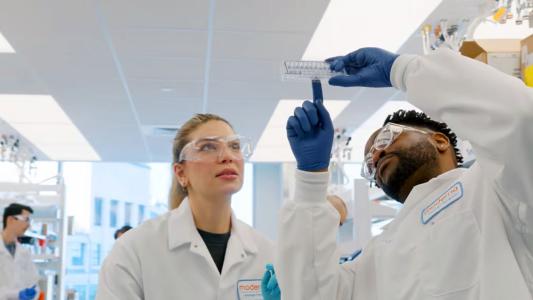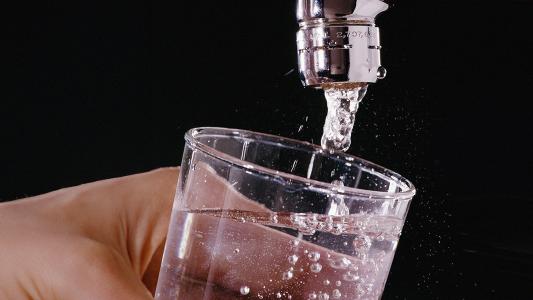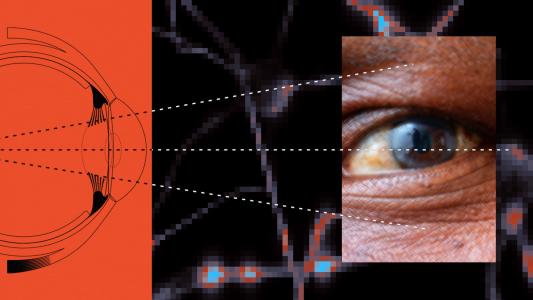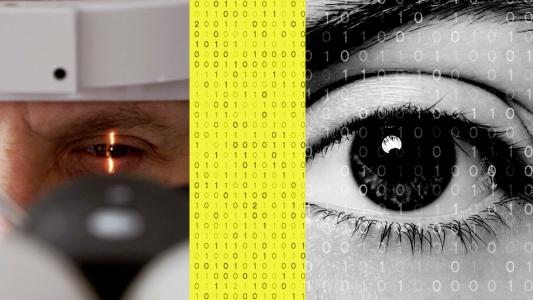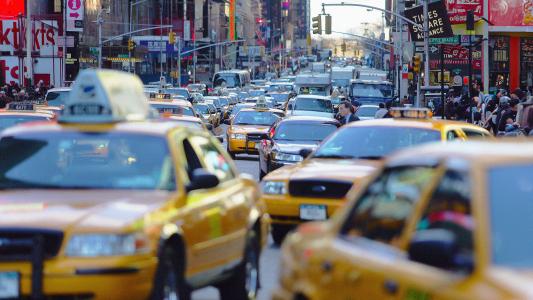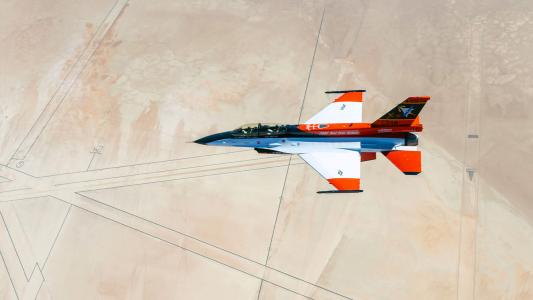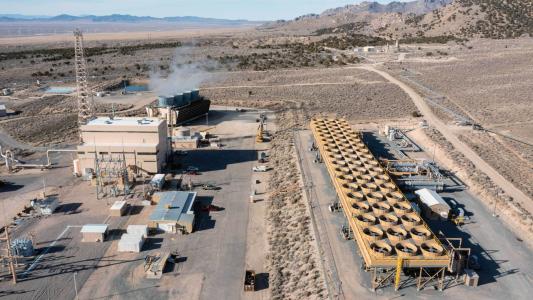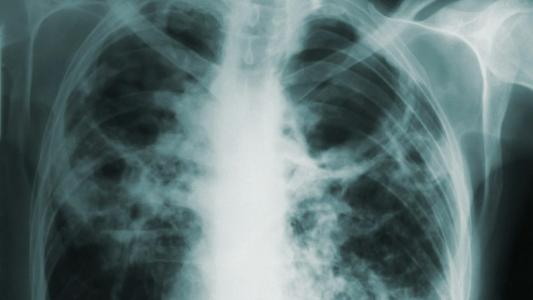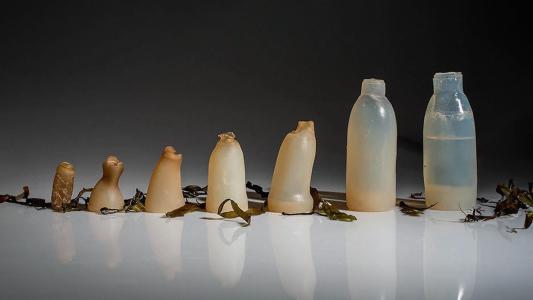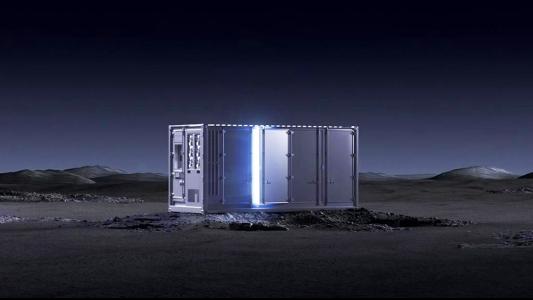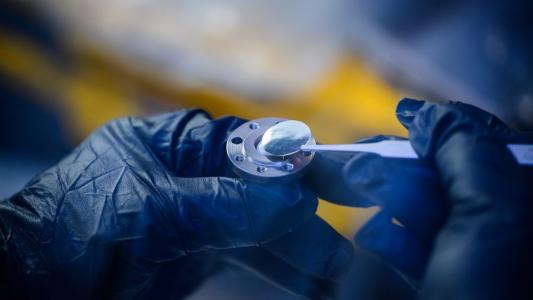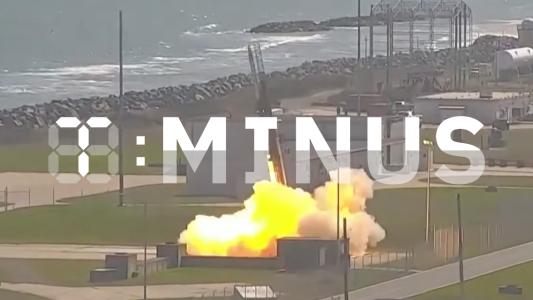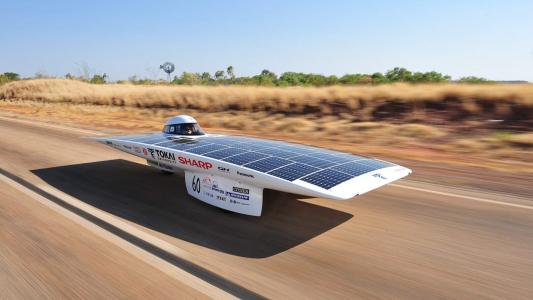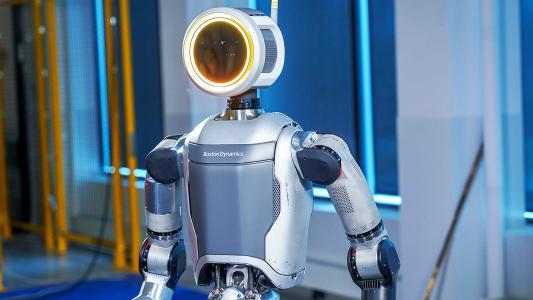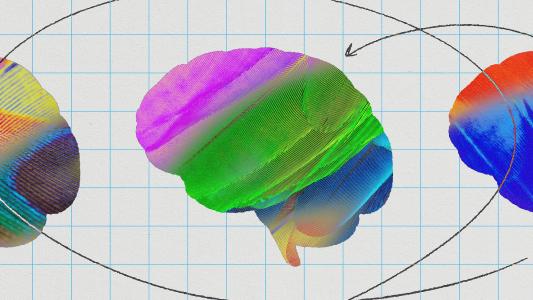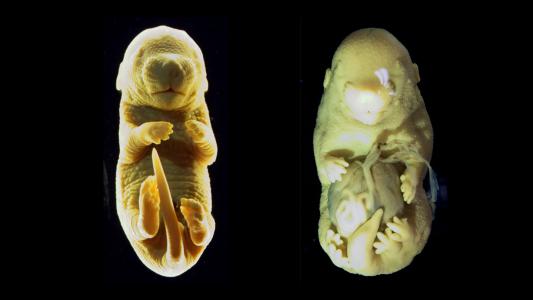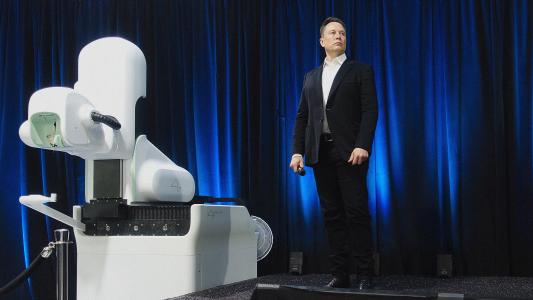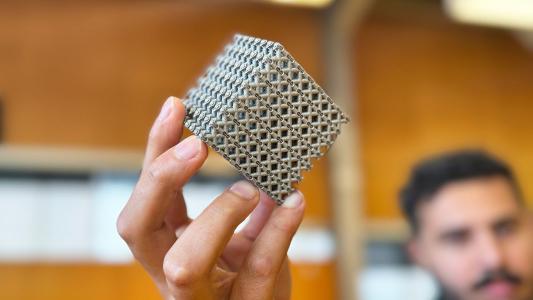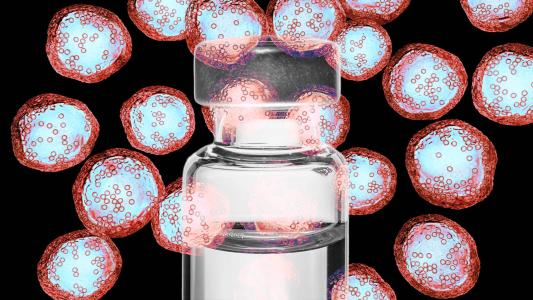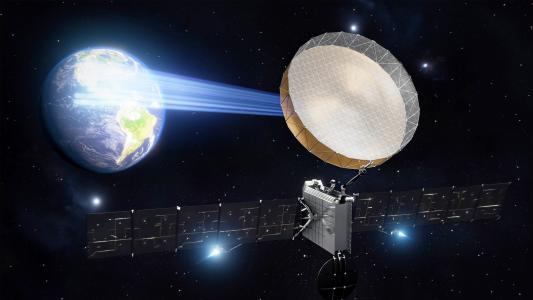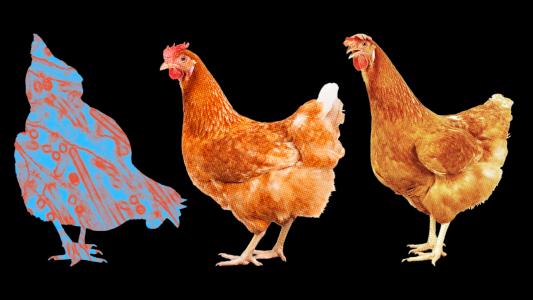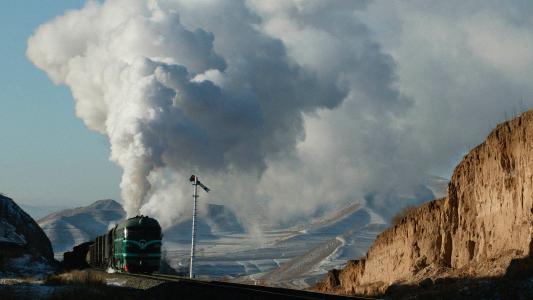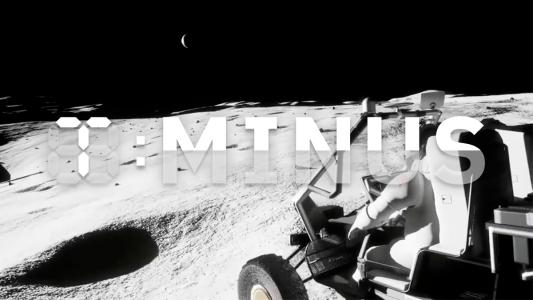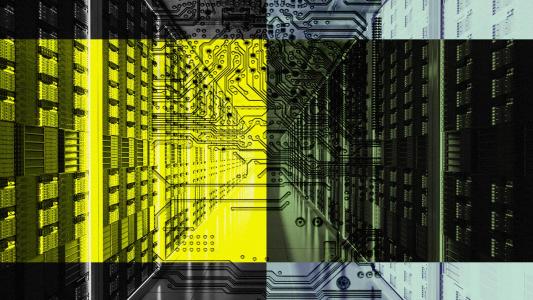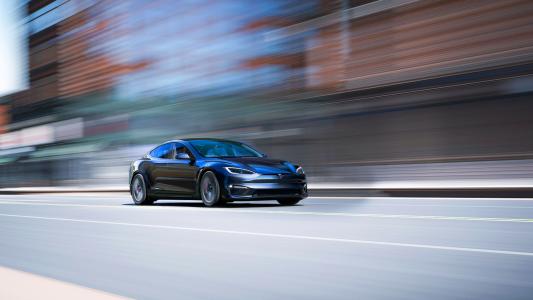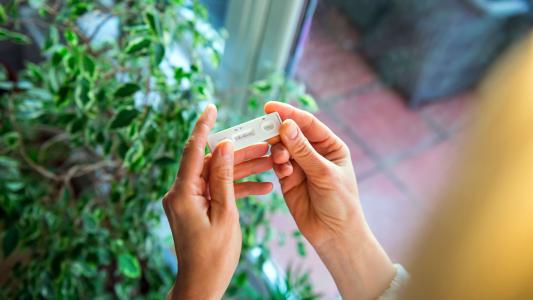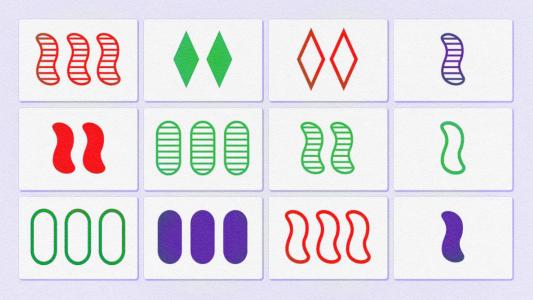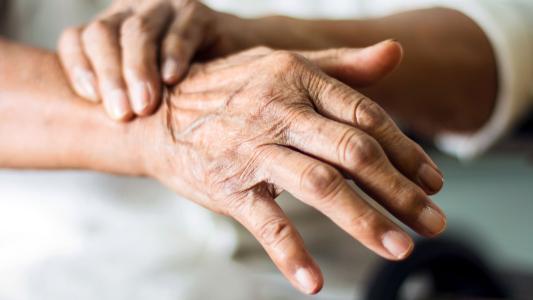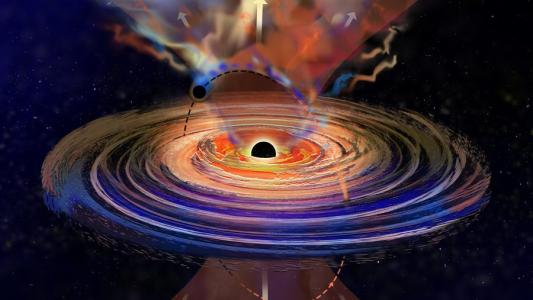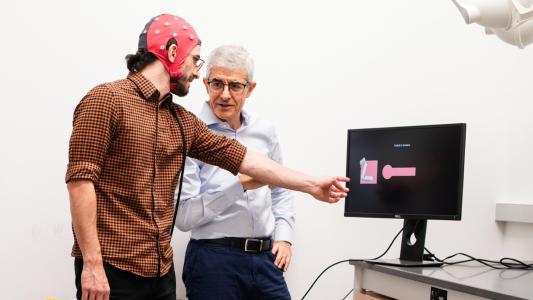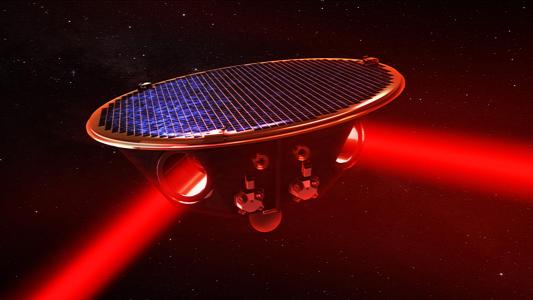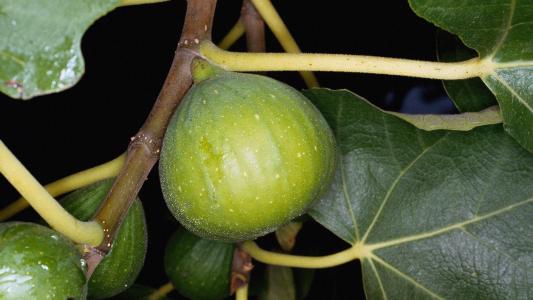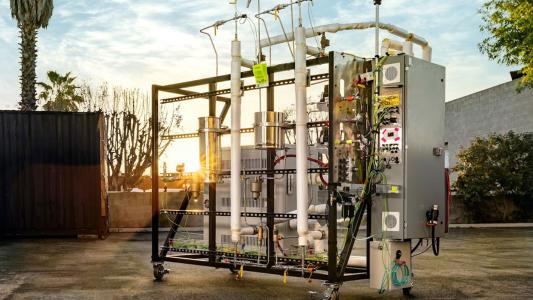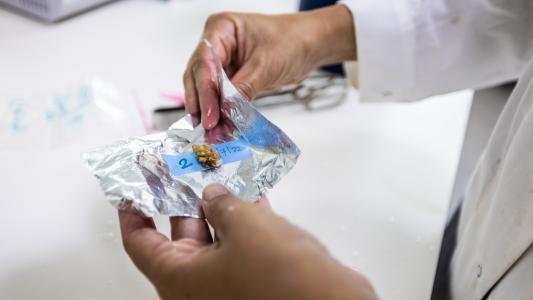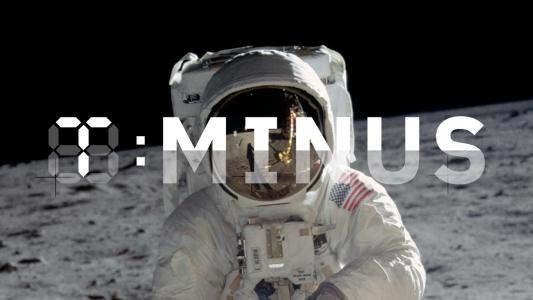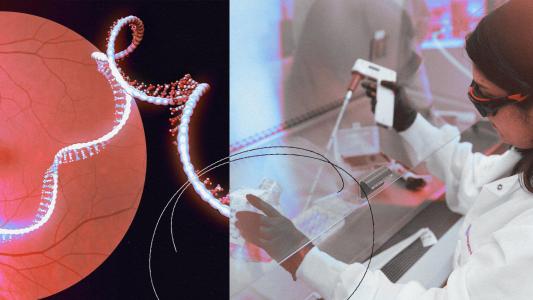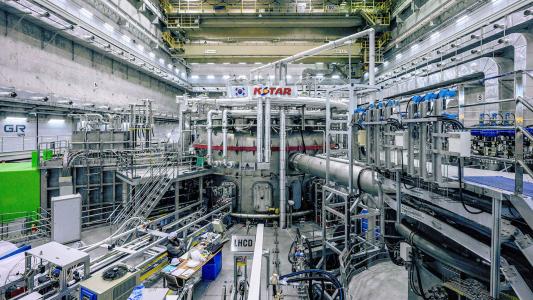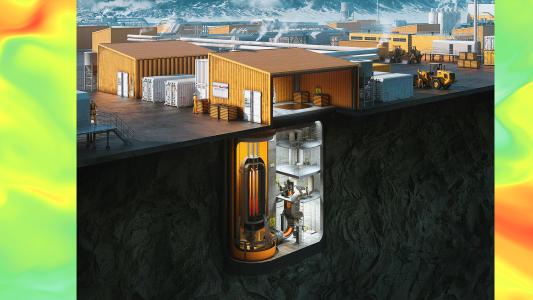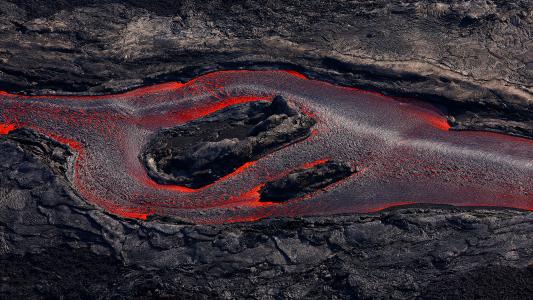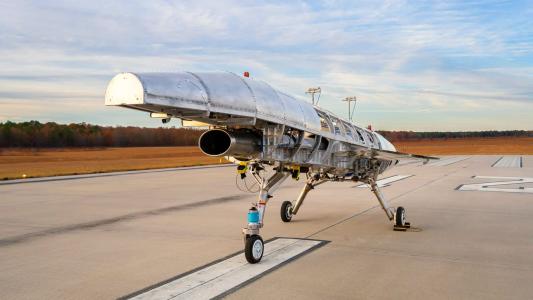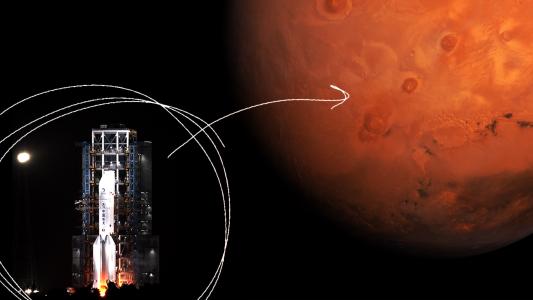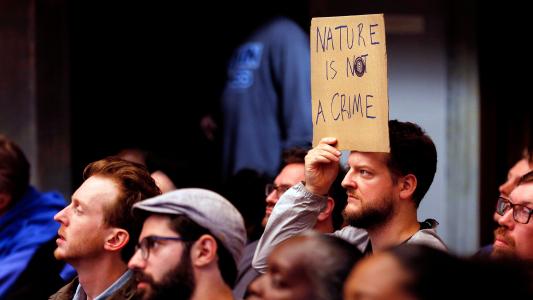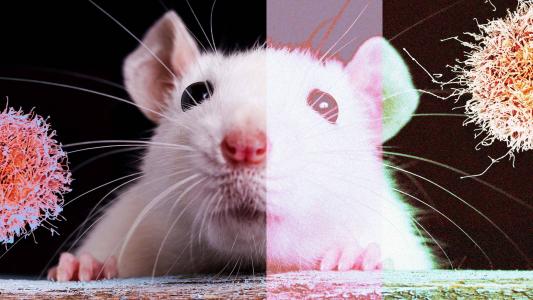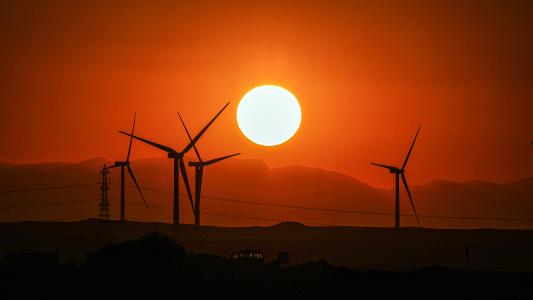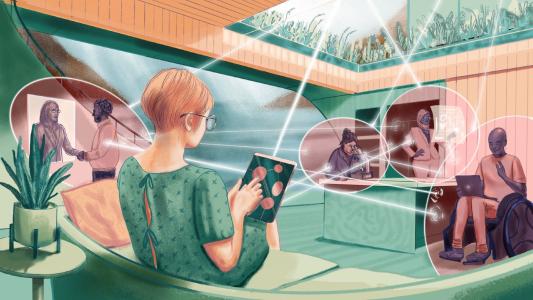Pager panic: When beepers were infiltrating schools
Cities and schools once actually arrested students for carrying this dangerous technology.
US hits 180 GW of solar power. Here’s how we get to 1,000 by 2035.
A quick look at the history of solar power in the US and the trends that could lead us into our sun-powered future.
Tesla’s new self-driving software throws out its old code entirely
Tesla made a bold move ahead of its robotaxi launch, completely overhauling the code for its Full Self-Driving (FSD) software.
Flying cars are almost here — but who will actually fly them?
Air taxi services could launch soon, but only if regulators and developers can make operating eVTOLs appealing to prospective pilots.
How Google’s new AI could revolutionize medicine
Google DeepMind's AlphaFold 3 could be the future of drug discovery — and the journey to its creation started more than a century ago.
T-Minus: How will solar storms affect Mars astronauts?
Freethink’s breakdown of the biggest space news, featuring NASA's efforts to protect astronauts from intense solar storms.
Will generative AI change everything for filmmaking?
We asked an experimental filmmaker, an MIT economist, and an AI startup executive how generative AIs could impact the world of filmmaking.
Revolutionary weight-loss drugs like Wegovy come with a catch
People taking GLP-1 agonists are losing too much muscle, but these drugs designed to prevent muscle loss could solve the problem.
T-Minus: How to not die on (the way to) Mars
A breakdown of the five biggest threats to future Mars astronauts and what NASA scientists are doing to overcome each one.
Why ChatGPT feels more “intelligent” than Google Search
There will be a moment, coming soon, when AI makes the leap from tool to entity.
Which technologies will enable a cleaner steel industry?
Technologies like hydrogen-based direct reduction of ore, electrolysis, and advanced furnace technologies could reduce steel emissions.
Life on Mars, together
Researchers spent two weeks at the Mars Desert Research Station conducting an analog mission for potential future trips to Mars.
Are weight-loss meds the next wonder drugs?
Evidence is mounting that GLP-1 agonists could treat many health issues — including ones that aren’t obviously related to weight.
NASA hopes private space companies can rescue its $11 billion Mars rock mission
If this ambitious NASA mission unraveled, scientists would lose their chance to learn much more about the red planet.
T-Minus: New SpaceX fashion, a Mars mystery, and more
Freethink counts down the biggest space news, featuring new spacesuits, a mission to the dark side of the moon, and more.
“Cybersecurity shortage” could reach 85 million workers by 2030
The global talent shortage could reach 85 million workers by 2030, causing approximately $8.5 trillion in unrealized annual revenue.
New AI generates CRISPR proteins unlike any seen in nature
An AI that generates CRISPR proteins is opening the door to gene editors with capabilities beyond what we’ve found in nature.
Plant sensors could act as an early warning system for farmers
Using sensors made from carbon nanotubes, researchers discovered signals that help plants respond to stresses like heat, light, or attack.
How Brilliant Labs CEO is creating a “symbiosis of humanity and artificial intelligence”
CEO Bobak Tavangar discusses the philosophy behind Brilliant’s latest device, Frame, and his vision for the future of AI.
Boeing’s Starliner spacecraft was set to launch on May 6 — but was delayed again
Boeing’s Starliner launch – delayed again – will be an important milestone for commercial spaceflight if it can manage to launch.
Why AI playing video games is a big deal
Google's SIMA can follow human instructions to play 3D video games. Researchers hopes the platform can one day help AI navigate real-world environments.
Synthetic diamonds may have just gotten way easier to make
Scientists in South Korea have developed a new technique for creating synthetic diamonds that works under ambient pressure.
“Bionic eye” discovers Plato’s final resting place
Plato’s final resting place has been identified thanks to a “bionic eye” built to read the Herculaneum scrolls.
What hybrid mouse/rat brains are showing us about the mind
Modified mice with hybrid brains that include rat neurons could one day lead to new breakthroughs in neuroscience.
“I’m not interested in reality”: AI artist Refik Anadol on creative coding, hallucinations, and the future of art
By painting with code and bits of data, AI artist Refik Anadol reveals surprisingly deep insights into what it means to create art.
With inspiration from “Tetris,” MIT researchers develop a better radiation detector
A new detector system based on the game “Tetris” could enable inexpensive, accurate radiation detectors for monitoring nuclear sites.
DARPA is testing this autonomous tank with glowing “eyes”
DARPA just tested an autonomous tank that could help keep soldiers safe — and even more self-driving military vehicles are on the horizon.
Milk could overcome one of the biggest hurdles to RNA therapies
RNA therapies typically break down if administered orally, but particles found in cows’ milk could provide perfect protection.
T-Minus: Psyche phones home, NASA sets sail, and more
Freethink counts down the biggest space news, featuring a new kind of space communication, lots of orbital debris, and more.
First-of-its-kind pig kidney transplant is a success
A woman with heart and kidney failure is now the second person in the world to undergo a gene-edited pig kidney transplant.
MIT engineers design flexible “skeletons” for soft, muscle-powered robots
New modular, spring-like devices maximize the work of live muscle fibers so they can be harnessed to power biohybrid bots.
Last century, we extended our lives. This century, we need to shorten our deaths.
We are living longer lives, while also spending more years sick than ever before — but there are ways to close the lifespan-healthspan gap
Desalination could avert one of the top 10 threats facing the world
Desalination — changing seawater into safe drinking water — could avert a crisis. Here's how to make it less costly and labor-intensive.
Helium discovery is the supply breakthrough science, medicine, and industry needed
A helium reservoir in Minnesota has astonishingly high concentrations of the gas, potentially opening doors for commercial extraction.
New study challenges long-held assumption about cancer
Genetic mutations may not be necessary for cancer to develop, challenging a long-held assumption about the disease.
Six innovative ways to float skyscraper-sized wind turbines
While most offshore wind farms are firmly rooted in the seabed, engineers are developing new ways to float enormous wind turbines.
How sensory gamma rhythm stimulation clears amyloid in Alzheimer’s mice
Study finds stimulating a brain rhythm with light and sound increases peptide release from interneurons, possibly slowing Alzheimer's progression.
Why AI celebrities are teaching kids math and physics
Onlock Learning uses the attention-grabbing strategies that make brain-rot content virtually irresistible to package educational content.
Meet the humanoids: 8 robots ready to revolutionize work
Everything you need to know about the humanoids that will soon enter the workforce — or are in it already.
This startup is trying to solve lab-grown meat’s biggest problem
A biotech startup has developed a new kind of bioreactor that could help increase cultivated meat production.
How to build the skills needed for the age of AI
Knowledge-based workers already need to skill-up to coexist with sophisticated artificial intelligence technologies.
T-Minus: $11B Mars rocks, Voyager 1’s resurrection, and more
Freethink counts down the biggest space news, featuring NASA's Mars rock request, the Dragonfly mission, and more.
See how Moderna is using OpenAI tech across its workforce
A partnership between Moderna and OpenAI provides a real-world example of what can happen when a company leans into generative AI.
Scientists have invented a method to break down “forever chemicals” in our drinking water
Researchers have discovered a way to eliminate "forever chemicals," or PFAS, which usually take hundreds or thousands of years to break down.
Shining a light on oil fields to make them more sustainable
Sensors and analytics give oil well operators real-time alerts when things go wrong, so they can respond before they become disasters.
Brain implant for “artificial vision” is still working after 2 years
A new type of brain implant technology has given a man with total blindness a kind of “artificial vision.”
OpenAI’s GPT-4 outperforms doctors in another new study
OpenAI’s most powerful AI model, GPT-4, outperformed junior doctors in deciding how to treat patients with eye problems.
New York City greenlights congestion pricing
Here’s how New York City's congestion pricing is expected to improve traffic, air quality, and public transit.
Watch the first AI vs. human dogfight using military jets
An AI fighter pilot faced off against a human pilot in a “dogfight” using actual planes — a huge milestone in military automation.
US will accelerate geothermal exploration on federal land
The Bureau of Land Management is taking steps to make it easier for public lands to be considered for geothermal power systems.
AI can help predict whether a patient will respond to specific tuberculosis treatments
Instead of a one-size-fits-all treatment approach, AI could help personalize treatments for each patient to provide the best outcomes.
New AI music generator makes songs from text prompts
AI music generators — AIs that create new music based on users’ text prompts — are lowering the bar for music creation, for better or worse.
Toward truly compostable plastic
Materials scientists are cooking up environmentally friendly plastics from natural sources like silk, plant fibers and whole algae.
World’s biggest battery maker unveils grid-scale storage system
CATL, the world’s biggest battery manufacturer, just unveiled TENER, a new energy storage system for utility companies.
Meta’s AI assistant just got a major upgrade — here’s how you can use it
Meta has upgraded its AI assistant, Meta AI, with a new LLM (Llama 3) and made it available in far more places.
Future nuclear power reactors could rely on molten salts — but what about corrosion?
Proton irradiation decreases the rate of corrosion in certain metal alloys — potentially good news for promising nuclear power reactors .
T-Minus: SpaceX’s military launch, a rocket family’s final flight, and more
Freethink counts down the biggest space news, featuring a new kind of military satellite, the solar eclipse, and more.
Why aren’t there solar-powered cars?
There are a number of reasons why solar-powered cars aren’t an option for everyday travel, at least not yet.
Boston Dynamics retires dancing Atlas robot — and debuts its electric replacement
A day after retiring its hydraulic Atlas robot, Boston Dynamics released a video debuting its all-electric, workplace-ready replacement.
Why a neurodivergent team will be a golden asset in the AI workplace
Since AI is chained to linear reasoning, workplaces that embrace it will do well to have neurodivergent colleagues who reason more creatively.
How turning off one gene causes mice to grow 6 legs
A study of embryo development in mice led to the creation of a mutant mouse fetus with an extra pair of legs in place of genitals.
In a future with brain-computer interfaces like Elon Musk’s Neuralink, we may need to rethink freedom of thought
In a future with more "mind reading," thanks to computer-brain interfaces, we may need to rethink freedom of thought.
3D-printed “metamaterial” is stronger than anything in nature
Australian scientists used an advanced 3D printing technique to create a super strong, super lightweight new “metamaterial.”
Personalized cancer vaccines are having a moment
Personalized cancer vaccines were a recurring theme at the annual meeting of the American Association for Cancer Research in 2024.
When an antibiotic fails: MIT scientists are using AI to target “sleeper” bacteria
Most antibiotics target metabolically active bacteria, but AI can help efficiently screen compounds that are lethal to dormant microbes.
Starlink competitor unveils new internet satellite
Satellite internet startup Astranis just unveiled Omega, a new, larger satellite that could help it close the digital divide.
The threat of avian flu — and what we can do to stop it
Avian flu is infecting cows on US dairy farms, and now a person has caught it — but new research could help us avoid a bird flu pandemic.
Why batteries come in so many sizes and shapes
Despite all working the same way, batteries are made in different sizes and shapes for reasons of cost and how easy they are to make.
Even as the fusion era dawns, we’re still in the Steam Age
Why do we use steam rather than other gases? Steam has lasted this long because we have an abundance of water, covering 71% of Earth's surface.
T-Minus: SpaceX’s first “Bandwagon” launch, NASA’s future moon vehicles, and more
Freethink counts down the biggest space news, featuring a new SpaceX service, a request for "moon time," and more.
OpenAI and Microsoft are reportedly planning a $100B supercomputer
Microsoft is reportedly planning to build a $100 billion data center and supercomputer, called "Stargate," for OpenAI.
Artificial reef designed by MIT engineers could protect marine life, reduce storm damage
An MIT team is hoping to fortify coastlines with “architected” reefs engineered to mimic the wave-buffering effects of natural reefs.
Elon Musk: Tesla will unveil a “robotaxi” on 8/8
While denying reports that Tesla won't be making a low-cost EV, CEO Elon Musk announced plans to unveil a “robotaxi” on August 8, 2024.
Can we stop AI hallucinations? And do we even want to?
“Making stuff up” and “being creative” may be two sides of the same coin — but you have to be able to tell the difference.
When AI prompts result in copyright violations, who has to pay?
Who is responsible for copyright violations when they're produced by generative AI? The technology is outpacing the law.
What’s next for COVID-19 drugs?
Paxlovid may have underperformed in a new trial, but other promising COVID-19 drugs are being authorized or in the works.
Google’s Deep Mind AI can help engineers predict “catastrophic failure”
How vulnerable is the electrical grid to a malicious attacker who destroys select substations? Google's Deep Mind can help predict the answer.
Old drug appears to halt progression of Parkinson’s motor symptoms
A GLP-1 agonist used to treat diabetes appeared to halt the progression of Parkinson’s symptoms in a phase 2 trial.
Persistent “hiccups” in a far-off galaxy draw astronomers to new black hole behavior
Scientists have found a large black hole that “hiccups,” giving off plumes of gas, revealing another black hole.
“Universal” BCI lets anyone play games with their minds
A specially trained “decoder” slashes the time it takes a brain-computer interface (BCI) to read a user’s mind.
Oxytocin’s effects aren’t just about love
At last, neuroscientists are learning how the hormone shapes social behaviors such as pair-bonding and parental care. It’s more complicated than they thought.
How three laser-shooting spacecraft could reveal the birth of the universe
The first space-based mission to detect gravitational waves, LISA, could give us a brand new perspective into the universe’s past.
Your garden’s 2024 “hardiness zone” could change, thanks to warming climates
Hotter summers and warmer winters are changing the types of plants we'll be able to successfully grow. Here's how to adapt.
This startup is making natural gas from sunlight, water, and air
Terraform Industries is using sunlight, water, and air to create synthetic natural gas — and keep methane out of the atmosphere.
Scientists are deep-freezing corals to repopulate the ocean
Healthy corals could disappear by the 2030s if climate change is not curbed, so scientists are deep freezing specimens.
T-Minus: Counting down the 10 biggest “firsts” in space exploration
A special edition of Freethink's weekly countdown of space news, featuring the 10 biggest milestones in humanity's exploration of space.
One-shot gene therapy reverses vision loss in small trial
A gene therapy for wet AMD — the most common cause of severe vision loss in seniors — is now in phase 3 trials.
Retired coal plants can aid the energy transition — by going nuclear
Nuclear power is a proven way to decarbonize the grid, and a lot of infrastructure for it already exists at retired coal plants.
Korea’s “artificial sun” sets nuclear fusion record
An upgrade to KSTAR, an “artificial sun” in Korea, enabled scientists to set a new world record in nuclear fusion.
Nuclear’s role in a net-zero world
Is nuclear power a necessary part of the transition away from fossil fuels? As the debate rages on, new technologies may be shift the balance.
“Stone wool”: lava-based material is more efficient, lasts longer than most insulation materials
Stone wool, a lava-based material, is more efficient and lasts longer than today's most common insulation materials.
Hypersonic startup unveils its first aircraft
Hermeus just unveiled its first flight vehicle, putting it a major step closer to developing first-of-their-kind hypersonic aircraft.
China is one step closer to having a nuclear-powered spacecraft
Chinese researchers say they are making progress on a nuclear-powered spacecraft that could dramatically accelerate space travel.
How one startup is using the ocean to fight climate change
California startup Ebb Carbon wants to build the world’s largest marine CDR plant to capture CO2 in Port Angeles, Washington.
Psychedelic drugs and the law: What’s next?
The push to legalize magic mushrooms, MDMA, LSD, and other hallucinogens is likely to heighten tensions between state and federal law.
One shot recreates younger immune systems, in mice
An antibody treatment designed to revitalize an aging immune system delivers “surprising” results in elderly mice.
Does AI need a “body” to become truly intelligent? Meta researchers think so.
We’re finally starting to see what can happen when we put an advanced AI “brain” in a state-of-the-art robot “body” — and it’s remarkable.
Here’s what it’ll take to power Africa’s clean energy future
The renewable electricity revolution is well underway in Africa, but needs to be shared across borders, this research found.
How patients are using technology to kick-start a healthcare revolution
Susannah Fox, former chief technology officer for the HHS, explains how technology can empower a patient-led healthcare revolution.
AI “tastes” beer — then tells brewers how to make it better
An AI that can predict how to improve the taste of a beer could help brewers develop the next beloved brew.
